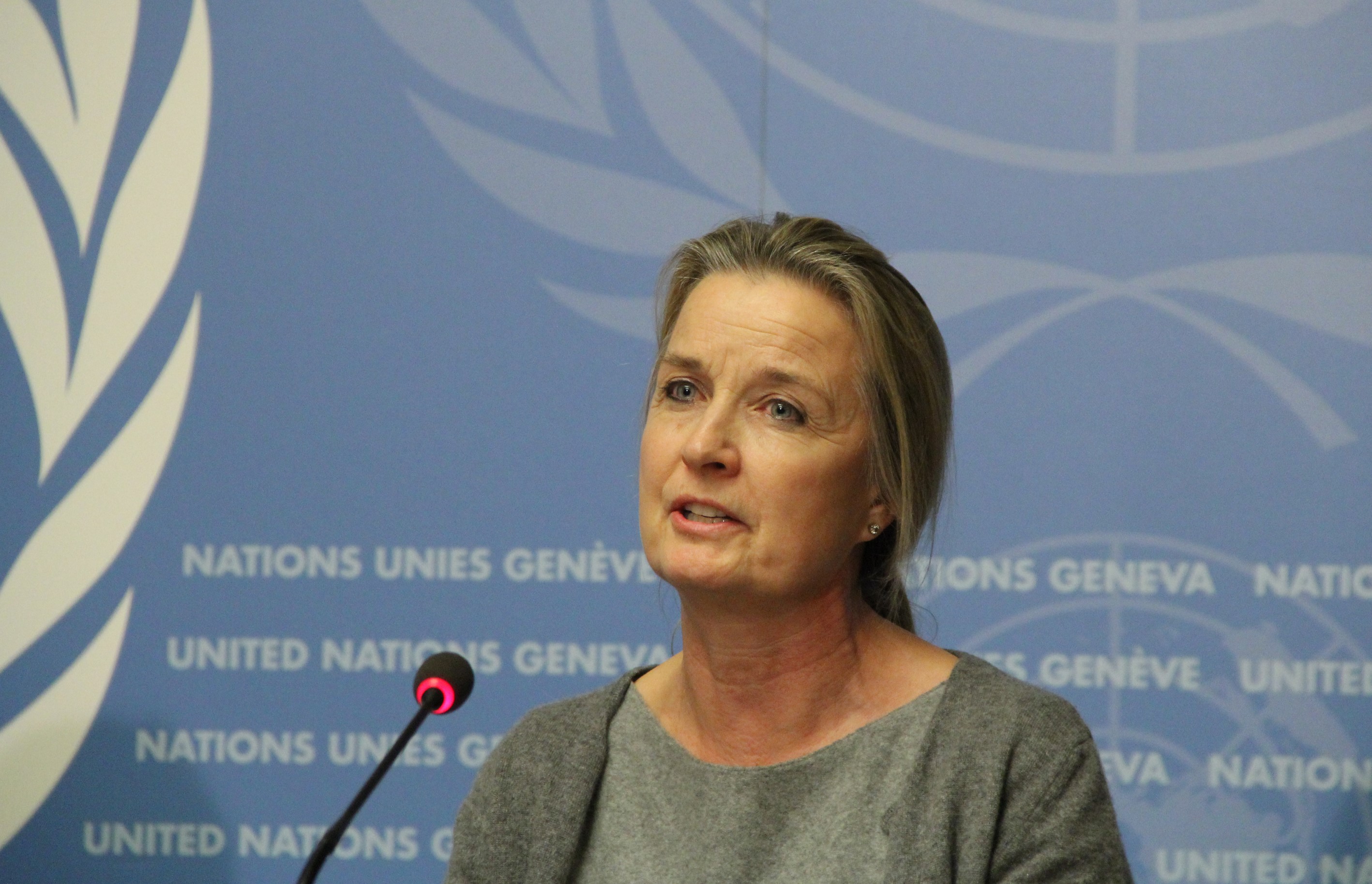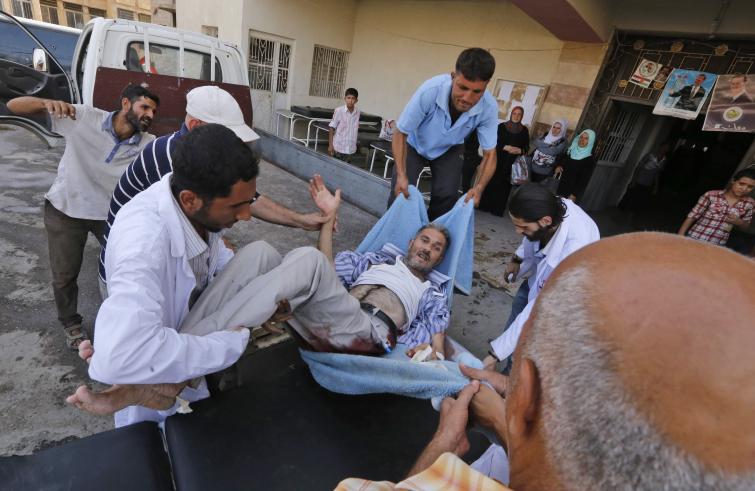Reconstruction
More than 50% of hospitals are out of action as a result of the armed conflict. Two thirds of healthcare workers have fled from Syria. There is the need to train new doctors and nurses, activate refresher courses and replace medical equipment. The six-year war has devastated Syria’s health system. The situation was described to SIR by Elizabeth Hoff, representative of the World Heath Organization (WHO) in Syria. Restructuring of healthcare facilities, training of doctors and nurses to meet the needs of the population are the two primary emergencies according to the WHO representative now that reconstruction is starting to take shape

According to the UN refugee agency, nearly 6 million Syrian children are living under constant bombings. Of these, about 3 million have grown up seeing only the war. Medical coverage against diseases such as measles stands at 69%, it drops to 66% for polio. More than half of all hospitals were bombed out of service. People stand on line to be treated in the few healthcare centres that are still up and running, waiting lists are unending, providing poor-quality services as a result of the war. Two-thirds of healthcare workers have left Syria, there is need for new doctors and nurses, trained via specific courses, and for renewed equipment. These are just some of the figures of the health emergency in Syria after six years of armed conflict, against the backdrop of the uncertainty of reconstruction. It’s a snapshot of the situation presented to SIR by Elizabeth Hoff, WHO – World Health Organization – representative in Syria.
What is the situation in Syria today?
Various areas in Syria are safer despite ongoing fighting in the North-East of the Country and tensions in some areas in the south. In Damascus, Aleppo, Latakia and in large cities the situation appears to be safer and people have started to rebuild.

What’s the state of the health emergency?
In this respect it should be known that
60% of hospitals and clinical centres were destroyed as a result of the war.
Their reconstruction is a major priority. We hope to receive much-needed funds for Syria’s future, to enable the rebuilding and restructuring of all healthcare facilities. However, every effort will be in vain unless it is coupled by
the training of medical staff, yet another urgent priority.
We intend to combine the reconstruction of destroyed healthcare centres and hospitals with the training of healthcare workers, doctors and nurses, technicians and laboratory staff. Unfortunately more than half of doctors and paramedics left Syria during the past years of the conflict.
What are the main pathologies needing to be addressed?
In today’s Syria, after the six-year war, a large part of the population is wounded and disabled. These number add on to those affected by chronic diseases in need of treatment. In this respect we are involved in several cooperation projects with hospitals outside the Syrian border. One of these projects was launched in cooperation with the Bambin Gesù Hospital in Rome.

What does it consist in?
The purpose of the project with the Paediatric Bambin Gesù Hospital in Rome, that was recently formally launched, is to guarantee support to Syria’s healthcare system to improve specialized medical care for children and adolescents. This will take place with refresher courses for medical and nursing staff offered by the University Paediatric Hospital and by the Cardiovascular Centre of the Hospital of Al‐Muwassat University in Damascus with the plan to extend this program to other paediatric wards in public hospitals run by Health and Higher Education agencies in various areas of Syria such as Latakia and Aleppo.
The program has an initial duration of three-years. It represents a step towards the advancement of Syria’s health system, which suffered a sharp deterioration throughout the country due to the conflict. The improvement of nursing and medical skills in the area of paediatric treatment will alleviate the suffering of diseased children, the most seriously-affected population bracket during the period of the crisis.
The funds for reconstruction also in the area of healthcare, constitute a decisive step in Syria’s future,
Most importantly, the international community must guarantee the allocation of funds for Syria’s reconstruction.
Global solidarity with the Syrian population is equally important, without being dragged in political controversies. There is an urgent need to identify the best ways to help the people rebuild their nation.
Are you optimistic about Syria’s renaissance? I am extremely optimistic. The Syrian people are a great people that love their Country, and that is why they will be able to rebuild it.